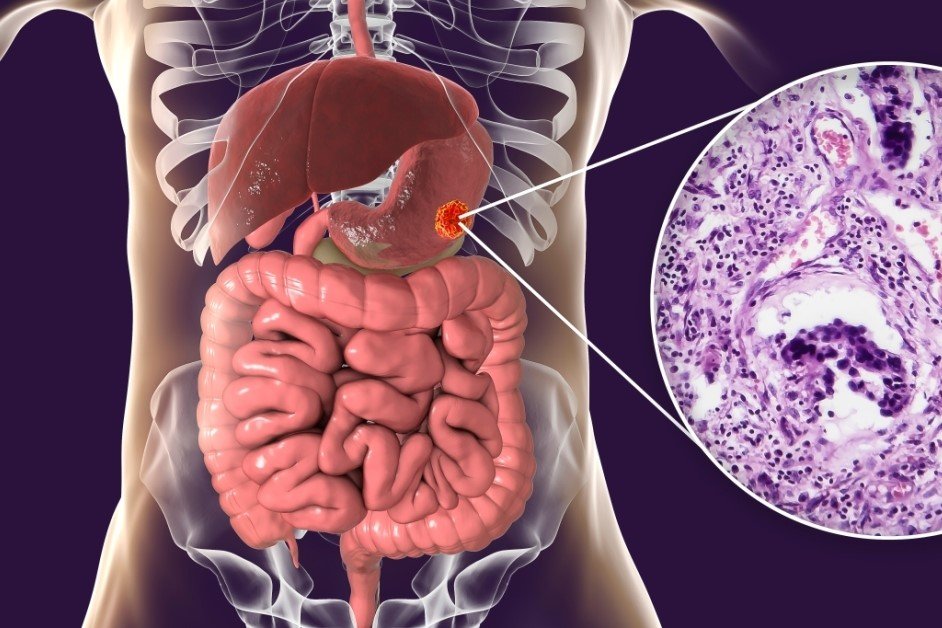
Inflamatory Bowel Disorder
Inflammatory bowel disease (IBD) is a chronic inflammatory condition that primarily affects the gastrointestinal tract. The two main types of IBD are Crohn's disease and ulcerative colitis, both of which involve inflammation and damage to the lining of the digestive system. Crohn's disease can affect any part of the digestive tract, from the mouth to the anus, and often leads to deep ulcerations and strictures. Ulcerative colitis, on the other hand, specifically targets the colon and rectum, causing continuous inflammation and ulcer formation along the mucosal lining.
The exact cause of IBD is not fully understood, but it is believed to result from a combination of genetic predisposition, immune system dysfunction, and environmental factors. Symptoms of IBD can vary widely and may include abdominal pain, diarrhea (often bloody in ulcerative colitis), weight loss, fatigue, and rectal bleeding. Flare-ups of symptoms can be unpredictable and can significantly impact an individual's quality of life.
Managing IBD typically involves a multidisciplinary approach, including medication to reduce inflammation and control symptoms, dietary modifications to alleviate discomfort and promote healing, and lifestyle changes to manage stress and improve overall well-being. In some cases, surgery may be necessary to remove damaged portions of the digestive tract or manage complications such as strictures or fistulas. Regular monitoring and follow-up with healthcare providers are essential to monitor disease activity, adjust treatment as needed, and prevent long-term complications such as colon cancer in ulcerative colitis.
Book Appointment
.jpg)
.jpg)

